- 全部删除
 您的购物车当前为空
您的购物车当前为空
Gastrokine 1 Protein, Human, Recombinant (His)
Gastrokine 1 (GKN1) belongs to the BRICHOS domain family and plays a major role in maintaining gastric mucosa integrity. GKN1 is highly expressed in gastric tissue and is secreted into the stomach but is not expressed in gastric cancer. GKN1-mediated inhibition of APP processing might represent a new approach for the prevention and therapy of Alzheimer's disease (AD). In the presence of GKN2, GKN1 loses its ability to decrease cell proliferation, induce apoptosis, and inhibit epigenetic alterations in gastric cancer cells, that GKN2 may contribute to the homeostasis of gastric epithelial cells by inhibiting GKN1 activity. The loss of GKN1 function contributes to malignant transformation and proliferation of gastric epithelial cells in gastric carcinogenesis.

Gastrokine 1 Protein, Human, Recombinant (His)
| 规格 | 价格 | 库存 | 数量 |
|---|---|---|---|
| 5 μg | ¥ 567 | 6-8日内发货 | |
| 10 μg | ¥ 928 | 6-8日内发货 | |
| 20 μg | ¥ 1,530 | 5日内发货 | |
| 50 μg | ¥ 2,970 | 5日内发货 | |
| 100 μg | ¥ 5,170 | 5日内发货 |
产品信息
| 生物活性 | Activity testing is in progress. It is theoretically active, but we cannot guarantee it. If you require protein activity, we recommend choosing the eukaryotic expression version first. |
| 产品描述 | Gastrokine 1 (GKN1) belongs to the BRICHOS domain family and plays a major role in maintaining gastric mucosa integrity. GKN1 is highly expressed in gastric tissue and is secreted into the stomach but is not expressed in gastric cancer. GKN1-mediated inhibition of APP processing might represent a new approach for the prevention and therapy of Alzheimer's disease (AD). In the presence of GKN2, GKN1 loses its ability to decrease cell proliferation, induce apoptosis, and inhibit epigenetic alterations in gastric cancer cells, that GKN2 may contribute to the homeostasis of gastric epithelial cells by inhibiting GKN1 activity. The loss of GKN1 function contributes to malignant transformation and proliferation of gastric epithelial cells in gastric carcinogenesis. |
| 种属 | Human |
| 表达系统 | Baculovirus Insect Cells |
| 标签 | C-His |
| 蛋白编号 | Q9NS71 |
| 别名 | UNQ489/PRO1005,gastrokine 1,foveolin,FOV,CA11,BRICD1,AMP18 |
| 蛋白构建 | A DNA sequence encoding the human GKN1 (Q9NS71) (Asn35-Asn199) was expressed with a C-terminal polyhistidine tag. Predicted N terminal: Asn 35 |
| 蛋白纯度 | > 95 % as determined by SDS-PAGE |
| 分子量 | 19.6 kDa (predicted); 24 kDa (reducing conditions) |
| 内毒素 | < 1.0 EU/μg of the protein as determined by the LAL method. |
| 缓冲液 | Lyophilized from a solution filtered through a 0.22 μm filter, containing 20 mM Tris, 500 mM NaCl, 10% glycerol, pH 8.0.Typically, a mixture containing 5% to 8% trehalose, mannitol, and 0.01% Tween 80 is incorporated as a protective agent before lyophilization. |
| 复溶方法 | A Certificate of Analysis (CoA) containing reconstitution instructions is included with the products. Please refer to the CoA for detailed information. |
| 存储 | It is recommended to store recombinant proteins at -20°C to -80°C for future use. Lyophilized powders can be stably stored for over 12 months, while liquid products can be stored for 6-12 months at -80°C. For reconstituted protein solutions, the solution can be stored at -20°C to -80°C for at least 3 months. Please avoid multiple freeze-thaw cycles and store products in aliquots. |
| 运输方式 | In general, Lyophilized powders are shipping with blue ice. |
| 研究背景 | Gastrokine 1 (GKN1) belongs to the BRICHOS domain family and plays a major role in maintaining gastric mucosa integrity. GKN1 is highly expressed in gastric tissue and is secreted into the stomach but is not expressed in gastric cancer. GKN1-mediated inhibition of APP processing might represent a new approach for the prevention and therapy of Alzheimer's disease (AD). In the presence of GKN2, GKN1 loses its ability to decrease cell proliferation, induce apoptosis, and inhibit epigenetic alterations in gastric cancer cells, that GKN2 may contribute to the homeostasis of gastric epithelial cells by inhibiting GKN1 activity. The loss of GKN1 function contributes to malignant transformation and proliferation of gastric epithelial cells in gastric carcinogenesis. |










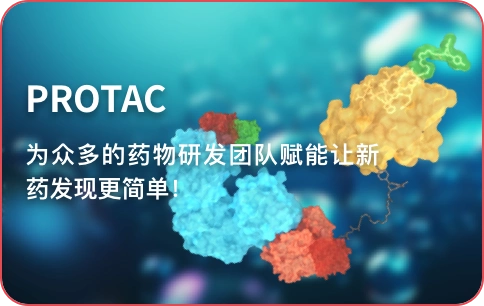







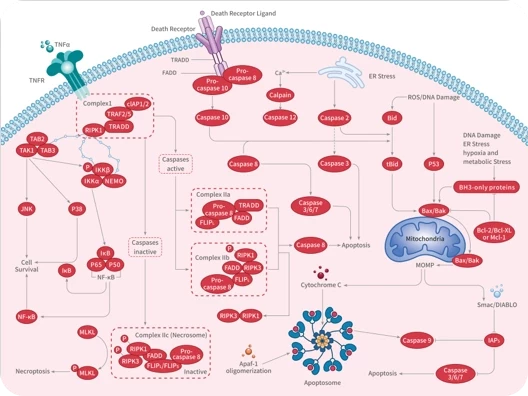
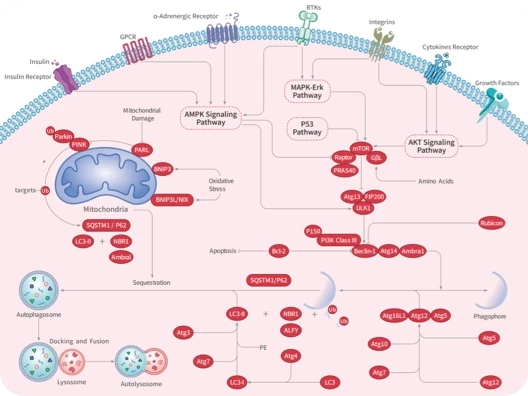

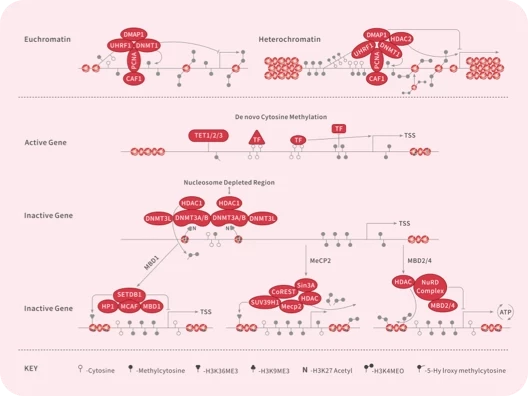
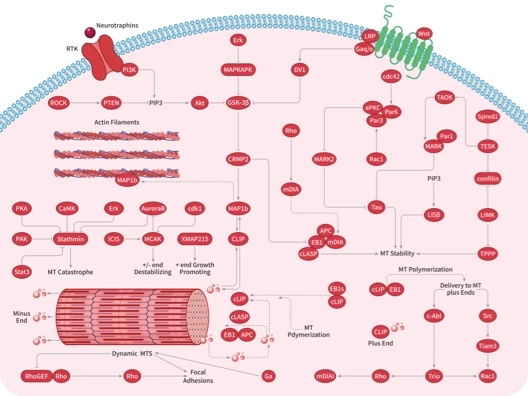
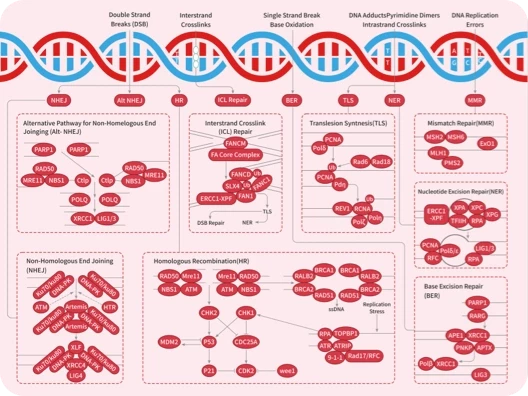
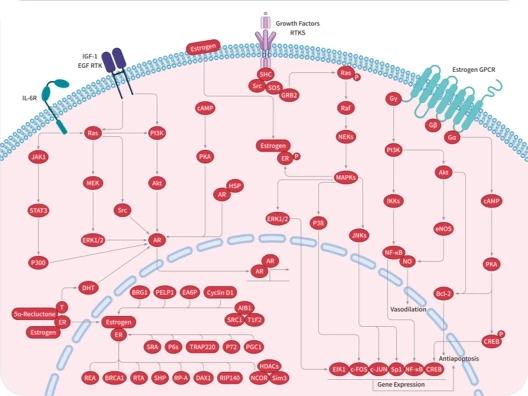
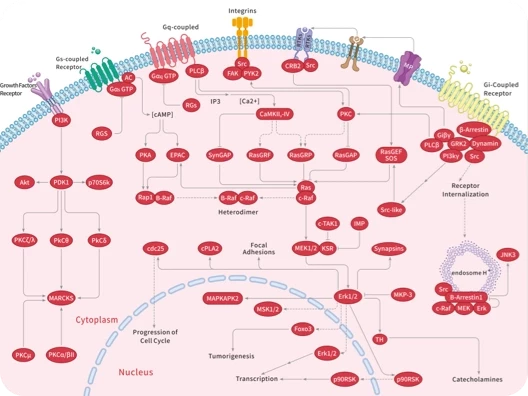
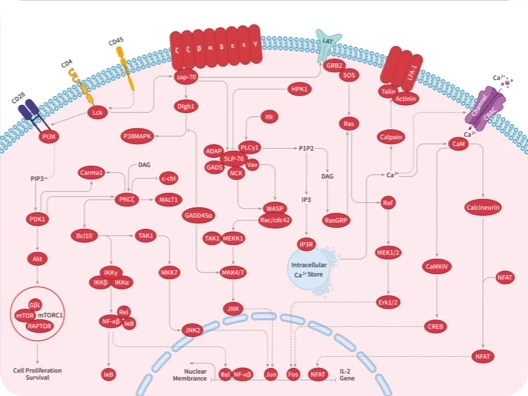
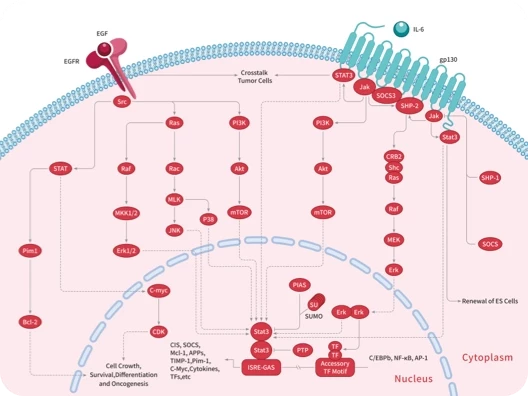
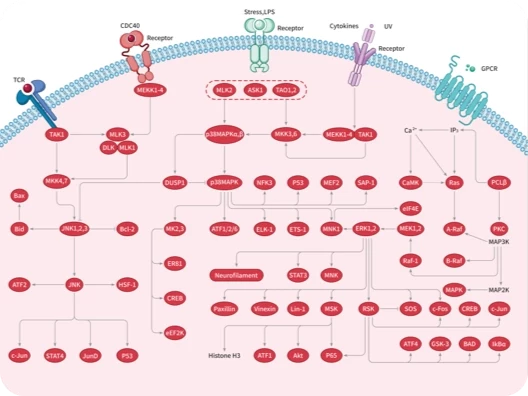
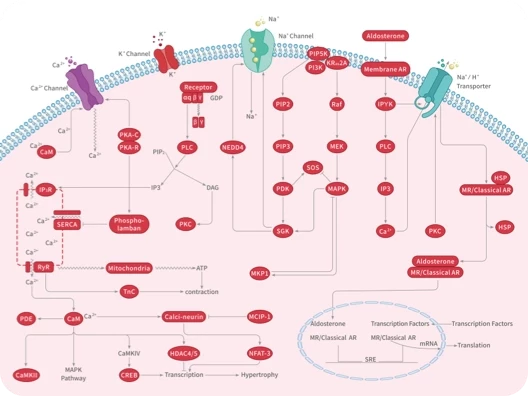
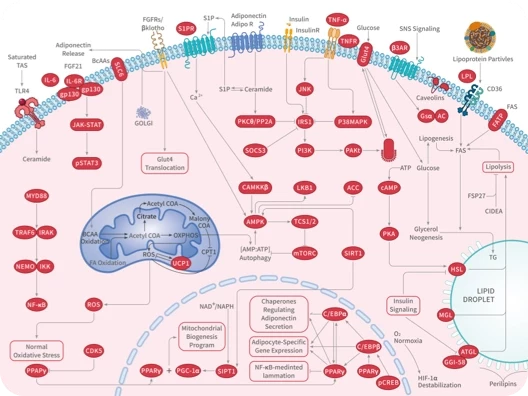
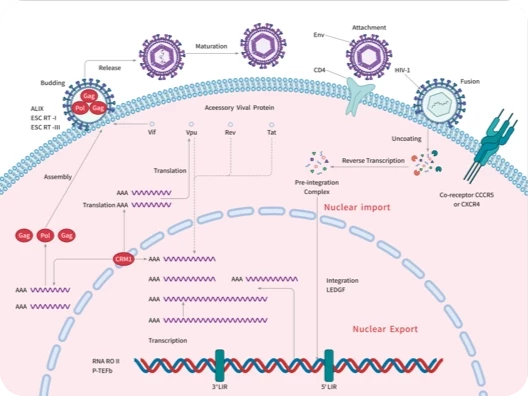

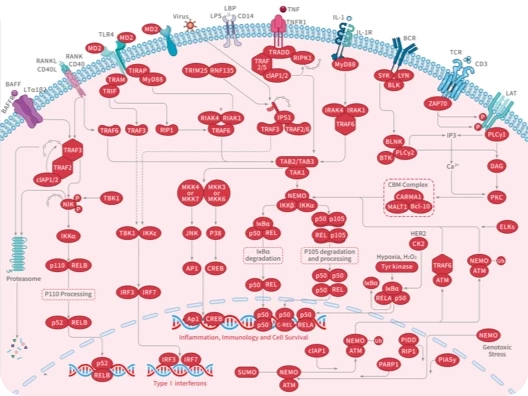
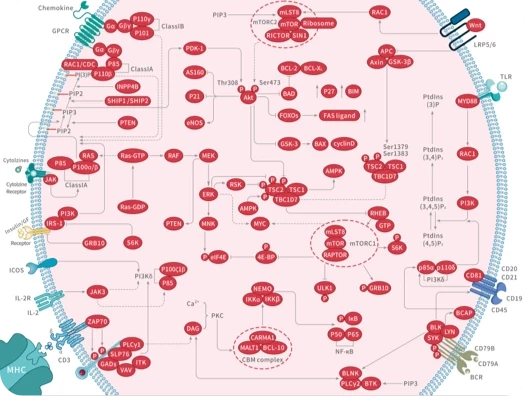
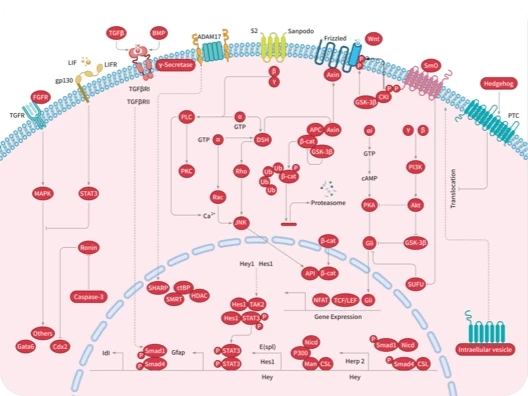
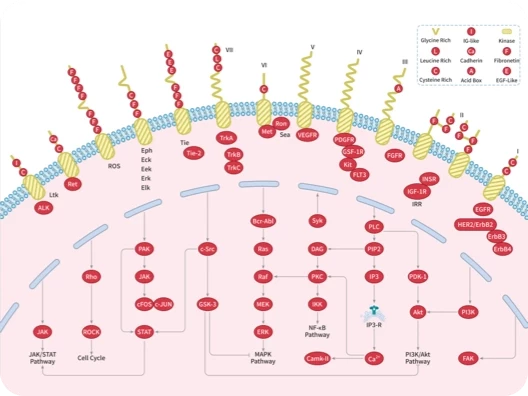
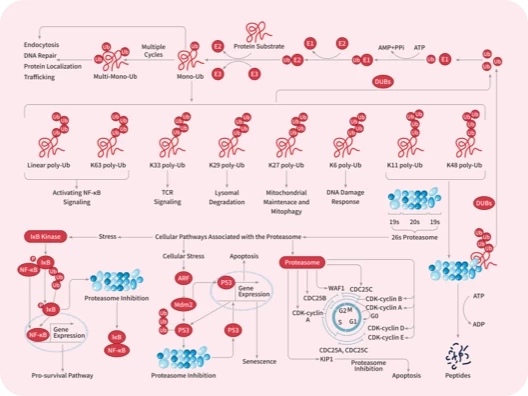


 |
|